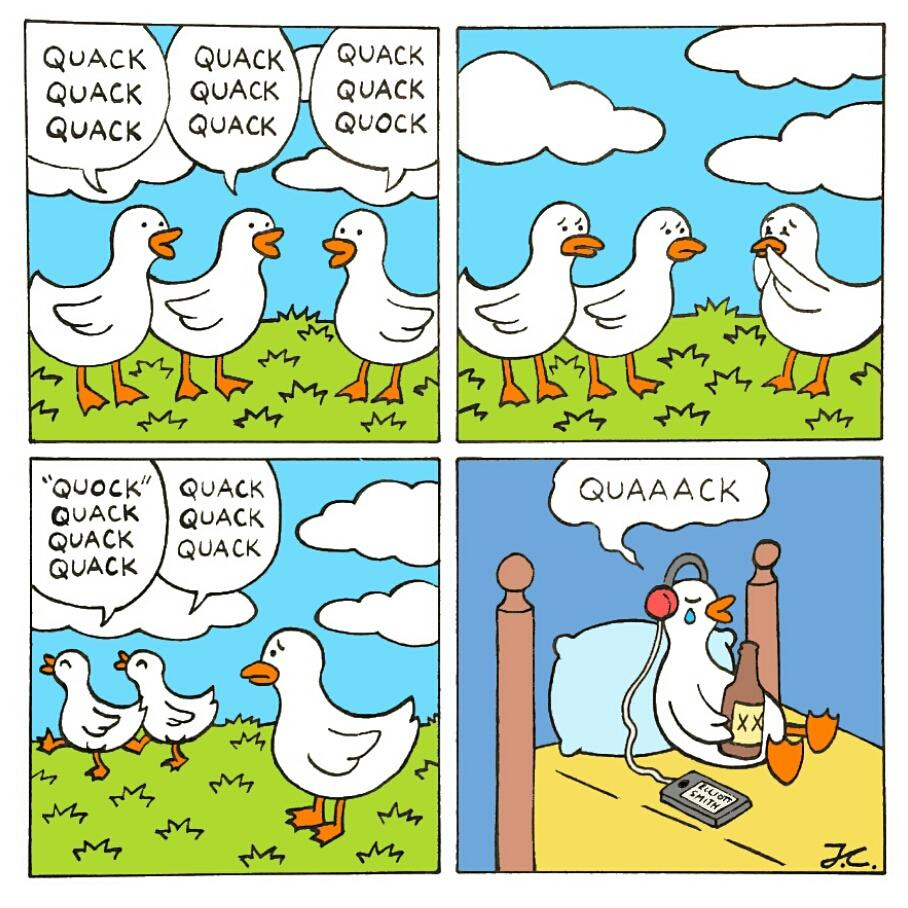They Like You More Than You Think
We're too pessimistic about other people's first impressions of us
Have you ever met someone new and felt they weren’t so impressed with your style? Well, the science is in, and it suggests that we are far too pessimistic about other people’s first impressions. It can take weeks or even months for our beliefs about how much other people like us to catch up with how much they actually like us. In a previous Brainlift, I briefly mentioned this “liking gap”, but it’s time to dive a little deeper into what it means. What can this social bias do to our mental health and how can we escape it?

The fear of social rejection
The emotional pain of social rejection can be just as distressing as the pain of a physical injury. In fact, there is striking overlap in how your brain processes the two types of experience. In other words, when we feel as though other people dislike us, it really does hurt.
Unfortunately, we don’t make life easy for ourselves because we tend to underestimate how much other people like us. In one study from 2018, researchers brought pairs of volunteers together in a room and asked them to chat for a while. After the chat, they separately asked each person how much they enjoyed the interaction, and also how much they believed the other person enjoyed the interaction. The data showed what the researchers called a “liking gap”: People consistently believed that the other person liked them less than they really did, whether their conversation lasted a couple of minutes or up to an hour.
The researchers even found the same liking gap on a real-life college campus. When a student met a dorm mate for the first time, they underestimated how much that dorm mate liked them. And shockingly, that liking gap took months to disappear! For practically an entire academic year, students refused to accept that other people liked them as much as they really did.
How to close the liking gap
Don’t try to read another person’s mind: When you begin and end a conversation with someone, just assume that they like you rather than wondering whether they do. A wondering mind falls for all kinds of cognitive biases, many of which leave you with a distorted view of reality.
Don’t be too self-critical: Don’t focus your mental energy on the possible mistakes you may have made in a previous interaction. Instead, focus on everything that was enjoyable about the interaction. Your attention is like a filter: When you selectively allow negative information into your mind and filter out positive information, everything seems much worse than it is.
Never fear social awkwardness: Humans are social animals, so regular conversation is essential for happiness. Don’t let a fear of social rejection prevent you from talking to new people and making new friends. After all, the science shows that your fear and pessimism are often misplaced, and that people are likely to enjoy your company more than you think they will.
We’ve all quocked when we should have quacked

Ever said the wrong thing around people and immediately regretted it? Does the memory of the event still periodically haunt you? Well, it should make you feel better to know that everyone goes through this problem because there are an infinite number of ways you could combine and use the words from your language. Finding the best way to communicate is a complex problem and it’s impossible to live an entire life without awkward slip-ups. Just laugh and brush them off as a natural part of being human, rather than letting them widen your liking gap.
That final quote
“When all by myself, I can think of all kinds of clever remarks, quick comebacks to what no one said, and flashes of witty sociability with nobody. But all of this vanishes when I face someone in the flesh”
~ Fernando Pessoa
❤️Please spread the word among friends who might like The Brainlift by forwarding this newsletter. If you’re new here, sign up below or visit erman.substack.com ❤️
Erman Misirlisoy, PhD
Like The Brainlift on FACEBOOK
Follow me on TWITTER
Follow me on MEDIUM
Connect on LINKEDIN

